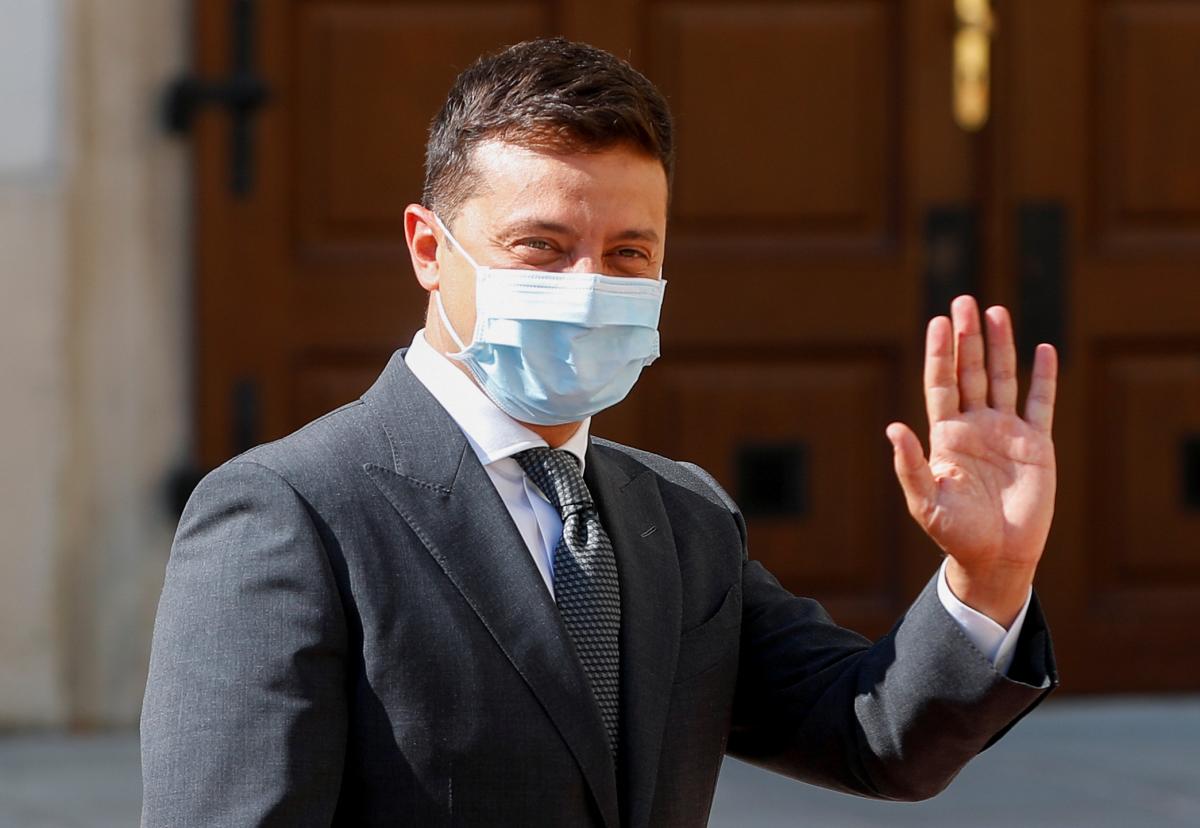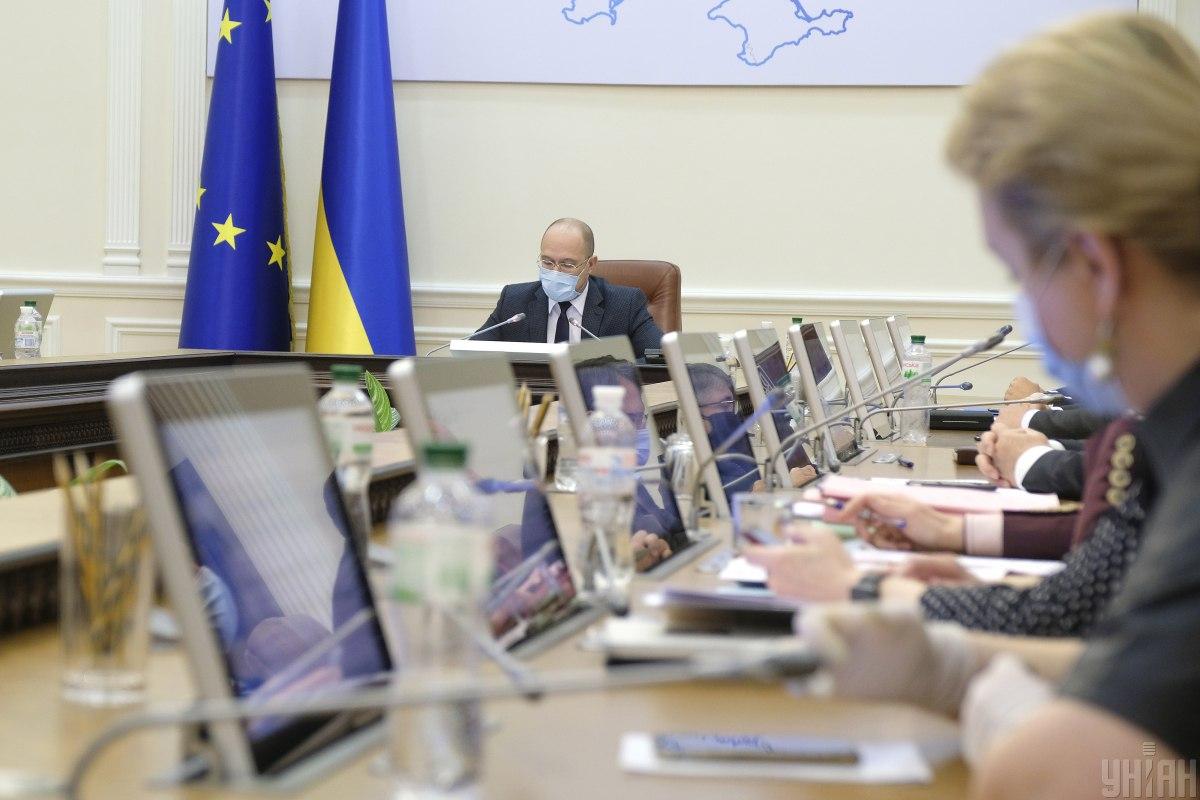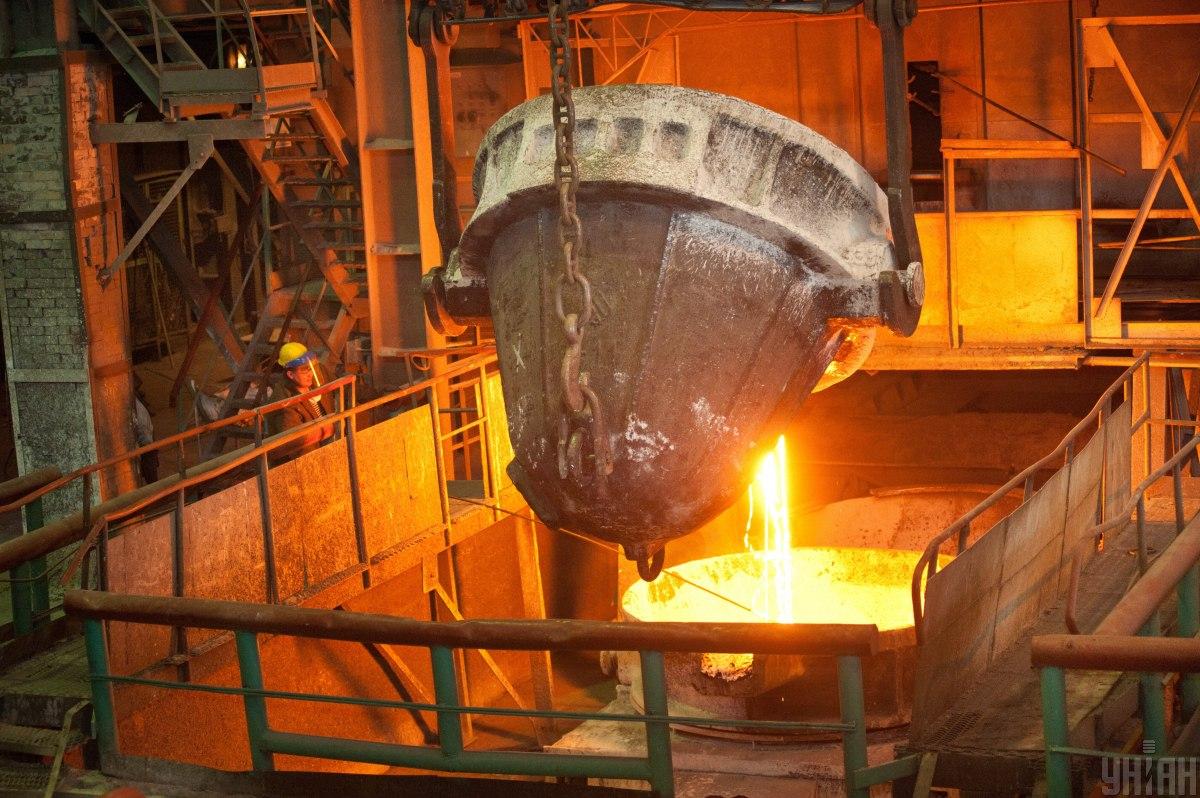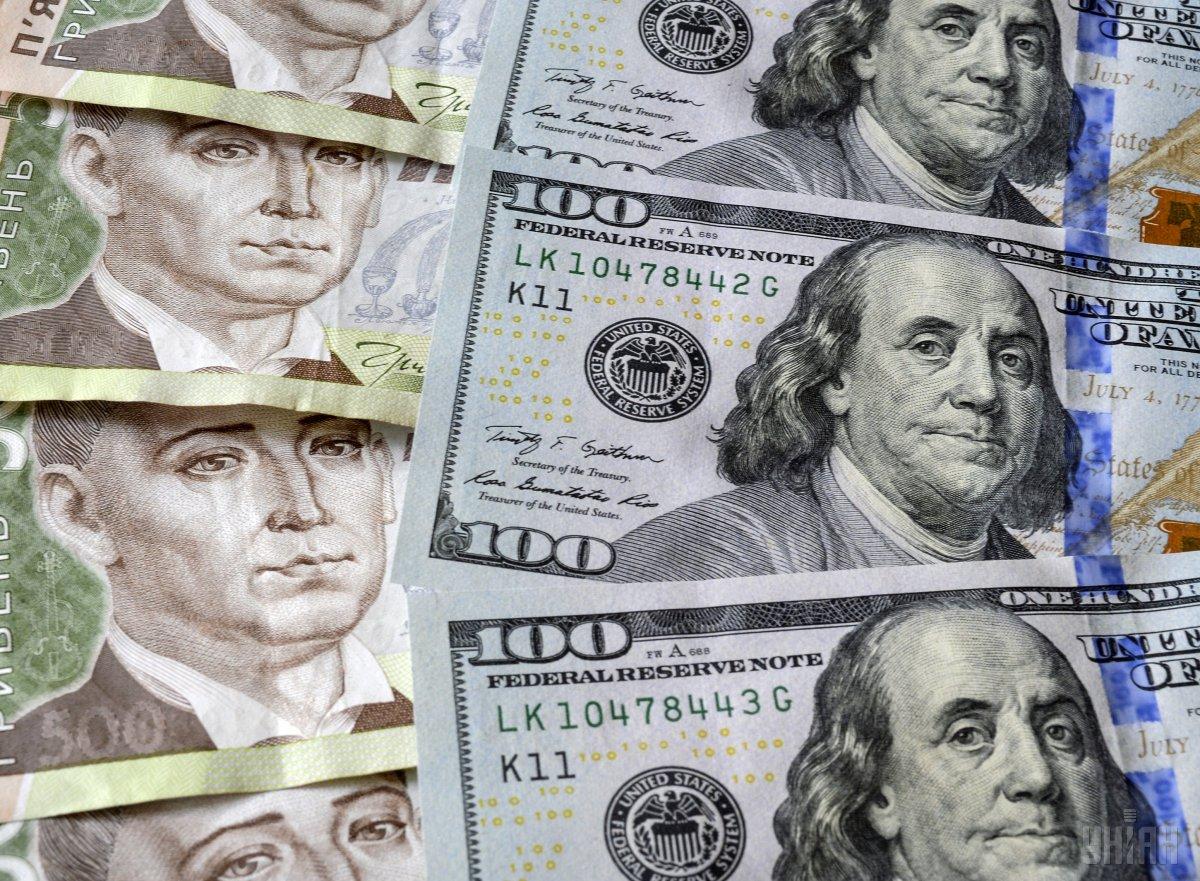
Week's balance: Industrial output on decline, Cabinet continues deregulation, while Uzhgorod Airport set to resume work
During a visit to Slovakia, President Zelenskyy signed a deal unblocking the work of Uzhgorod Airport, the government canceled a number of outdated acts as part of deregulation, while the State Statistics Service announced the acceleration of industrial output decline – these are the key economic stories of the outgoing week.
The outgoing week was not too rich in economic events. This is understandable: there is only a month left before local elections, so most politicians are busy preparing for this event, while businesses, in turn, are trying to survive in the crisis, waiting for the results of the October vote.
President of Ukraine Volodymyr Zelensky decided to add to his tours across the regions a visit to neighboring Slovakia. In addition to meetings with top officials of the neighboring state and traditional assurances of friendship, the trip ended with the signing of an agreement allowing the resumption of full-fledged operation of an airport in Uzhgorod.

The essence of the problem lies in the fact that due to the topographic features and close proximity to the border with Slovakia, the Uzhgorod Airport is forced to have planes land and depart using the airspace of the neighboring country.
Until 2016, the navigation there was regulated in accordance with an intergovernmental agreement, but its validity period has expired. In the new deal, the parties prescribed not only the possibility of using the airspace, but also took into account the security and defense aspects that arise from Slovakia's membership in NATO.
According to Zelensky, these agreements open up an opportunity to develop Uzhgorod Airport as a major transport hub.
"Today we signed an agreement that will remove the last obstacles and allow us to resume regular flights to the city of Uzhgorod. The agreement is actually very important to me. This is one of the tools that allows us to 'sew Ukraine together' by restoring the air bridge' between the West and the East," the president said.
Return of deregulation

The Cabinet of Ministers in the outgoing week returned to the practice of "deregulation" meetings, canceling at once 36 outdated normative legal acts of ministries and other agencies that operated in the areas of price regulation, energy, and licensing.
For example, among the canceled acts are orders of no longer existing departments, such as the State Oil and Gas Agency, State Customs Committee, and State Agency for Special Monopolies.
As Prime Minister Denys Shmyhal noted, the decision should contribute to the development of the national economy.
"When we adopt the economic recovery program, one of the important points of assistance to businesses is to reduce regulatory pressure. It is important that such plans don't remain only plans, because today we are actually canceling 36 regulatory acts of various agencies. All this should facilitate the work of businesses," the prime minister said at a government meeting.
At the same meeting, the Cabinet of Ministers adopted a number of decisions to improve mechanisms and tools for effective monitoring and environmental impact assessment, bringing Ukraine closer to the European Union.
In particular, it's about the launch of the national market for trading in greenhouse gas quotas from 2021.
"The introduction of the greenhouse gas market is a plus for Ukraine's reputation as a reliable participant in global processes to combat climate change. In addition, this is also a requirement of our time because if Ukraine fails to introduce a gas emission metering system in a timely manner, businesses that will pay additional taxes to export their products may suffer," the prime minister said, adding that the initiative is designed for seven years.
The government also approved the procedure for holding biddings for subsoil use permits, which should significantly improve the investment climate in this industry.
Acceleration of industrial production decline

In the outgoing week, the State Statistics Service released fresh data on industrial production, which fell by 5.3% in August year-on-year. Moreover, in July, the drop was 4.2%.
Thus, the negative trend, which began last year, pursues,while quarantine restrictions only exacerbated it. The falling industry adds doubt over the government's forecast of a 4.6% recovery in the national economy in 2021.
In the context of the main activities in the processing industry in August of this year, the drop was 7.7% on year, and for the supply of electricity and gas it was 4.6%.
In the context of the main industrial groups, the annual production decline for intermediate consumption goods stood at 4.2%, for investment goods – at 27%, for consumer goods of short-term use – at 0.9%, and for energy – at 1.3%.
This is reflected in the outgoing week's statement that in the first six months of this year the Naftogaz Group saw UAH 11.5 billion in net loss against UAH 24.7 billion net profit for the same period last year.
In addition, the State Statistics Service reported that the unemployment rate in Ukraine in the second quarter of this year compared to the first one increased by 1.3%, up to 9.9%, which equals some 1.7 million people in absolute terms.
Business forecasts

This week, the European Business Association held its annual conference, during which its members shared their expectations for 2021.
In particular, according to the forecasts, the weighted average rate of the hryvnia next year will stand at UAH 29 to the dollar.
A third of the members of the influential business structure expect that next year they will be able to fully provide their companies with 10% revenue growth, and about the same number of companies expect revenue growth in the range of 10% to 20% compared to 2020.
"If we compare the expectations three or four months ago, now the expectations are better, not only in our country, but also among banks and international financial organizations. Everyone is improving their outlook for the GDP fall this year and for growth in the next one," said Tomas Fiala, CEO of the Dragon Capital investment company, President of the European Business Association.
Finally, one more "energy" story. Last week, the state-owned Ukrenergo, the operator of the Unified Energy Grid, came up with a proposal to increase the tariff for electricity transmission by almost 2.7 times from November 1. The company noted that due to the current tariff, it experiences a shortage of funds to fulfill its duties in the amount of almost UAH 10 billion.
As for next week, we expect the resumption of the plenary work at the Verkhovna Rada, and by October 1, deputies must submit their proposals on amendments to the draft 2021 state budget developed by government.
Meanwhile, the start of a new heating season is not far off, for which a number of cities traditionally have no time to prepare.
Dmytro Shvarts

